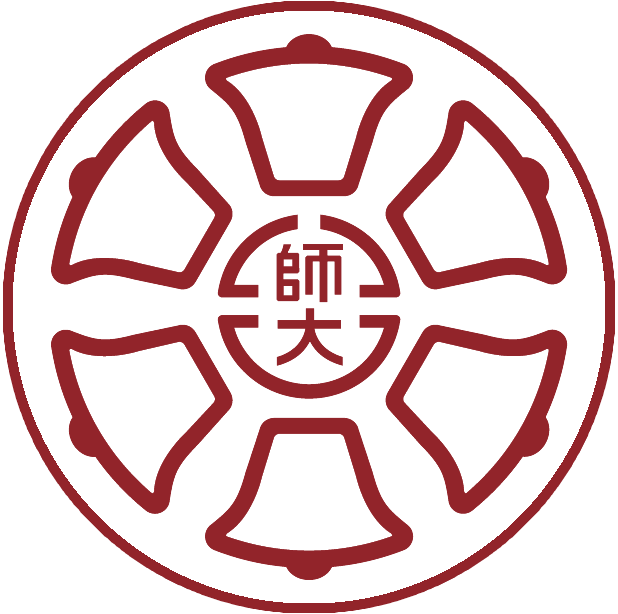Any surplus must first be used to pay administrative management fees. If the remaining amount is under NT$1,000, the surplus shall be paid into the academic fund. If the remaining amount is over NT$1,000, it shall be distributed according to the following principles:
I.University-level research and teaching centers: 10% among NTNU's administration departments, 60% for the project's executing department, and 30% to the project host.
II.Unit not specified in Subparagraph 1: 10% among NTNU's administration departments, 30% for the project's executing department, and 60% to the project host.
If the executing department is a part of the department, institute, or program of NTNU’s professional schools, the surplus distributed will be coordinated by the professional school.
Surpluses may be spent on the following:
I.Purchase of research equipment, publications, consumables, and any expenses associated with tuition or research (e.g., annual fellowship fees, meal allowance etc).
II.Personnel expenses for post-doctoral researchers, assistants, temporary workers, interns, etc., who are hired to assist in teaching or research.
III.Invitation for local and foreign scholars and experts to participate in seminars, conferences, research or experiments.
IV.Overseas travel allowance for participating in teaching and research-related conferences, inspections, research, trainings and experiments. Furthermore, NTNU teachers and related personnel with any one of the following qualifications may use surpluses from the project host or implementing unit to upgrade seats to business class.
(I)Selected appointment personnel with an equivalent (comparable) rank to Rank 12 or above.
(II)Personnel recruited in accordance with the National Taiwan Normal University Regulations for the Recruitment of Chair Professors.
(III)Personnel with other prestigious academic honors that have gained approval.
V.Expenses for promoting NTNU's research results.
VI.Expenses related to the promotion of industry-academia cooperation.
VII.Any other expenses approved on a case-by-case basis.



